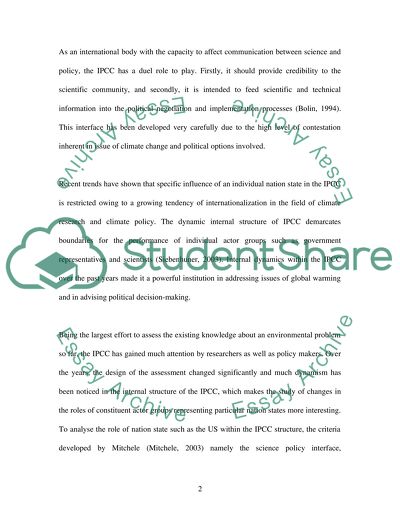Cite this document
(“Climate Change: the IPCC and the Nation States as two Global Actor Essay”, n.d.)
Climate Change: the IPCC and the Nation States as two Global Actor Essay. Retrieved from https://studentshare.org/environmental-studies/1512756-climate-change-the-ipcc-and-the-nation-states-as-two-global-actor-groups
Climate Change: the IPCC and the Nation States as two Global Actor Essay. Retrieved from https://studentshare.org/environmental-studies/1512756-climate-change-the-ipcc-and-the-nation-states-as-two-global-actor-groups
(Climate Change: The IPCC and the Nation States As Two Global Actor Essay)
Climate Change: The IPCC and the Nation States As Two Global Actor Essay. https://studentshare.org/environmental-studies/1512756-climate-change-the-ipcc-and-the-nation-states-as-two-global-actor-groups.
Climate Change: The IPCC and the Nation States As Two Global Actor Essay. https://studentshare.org/environmental-studies/1512756-climate-change-the-ipcc-and-the-nation-states-as-two-global-actor-groups.
“Climate Change: The IPCC and the Nation States As Two Global Actor Essay”, n.d. https://studentshare.org/environmental-studies/1512756-climate-change-the-ipcc-and-the-nation-states-as-two-global-actor-groups.


